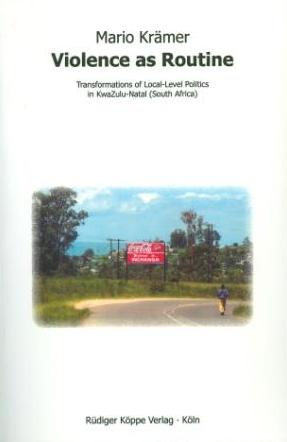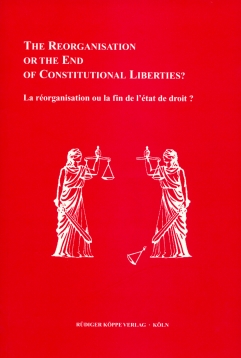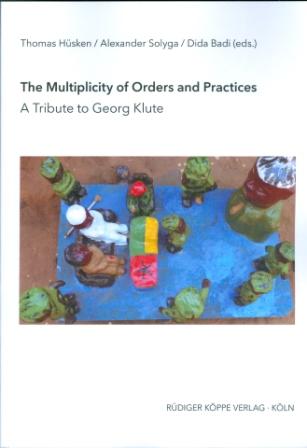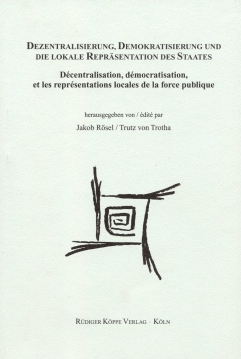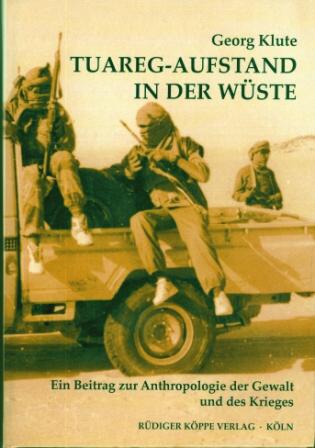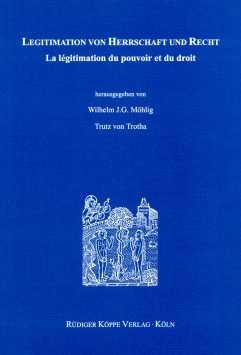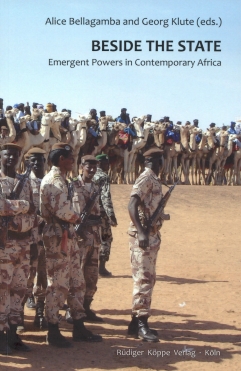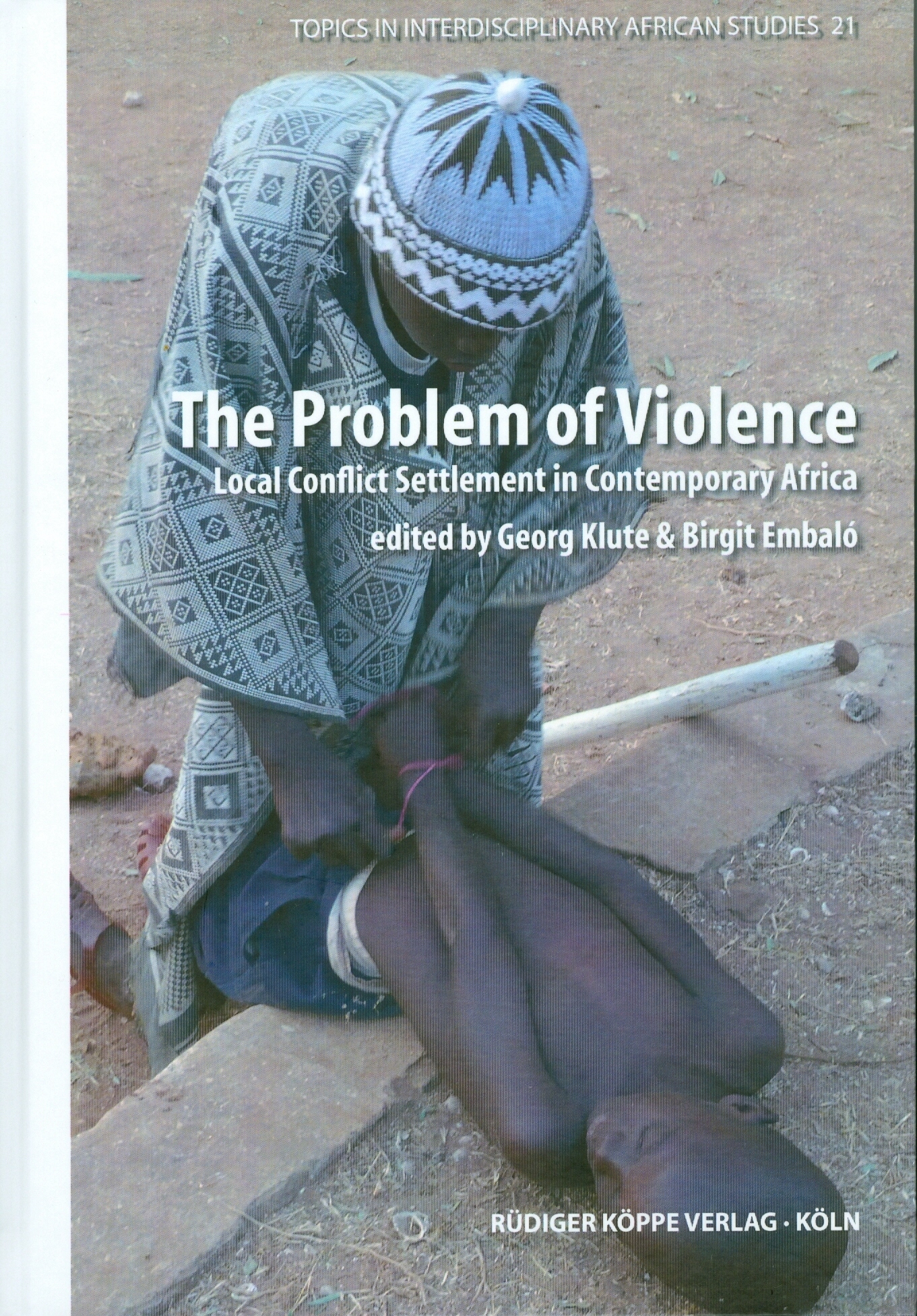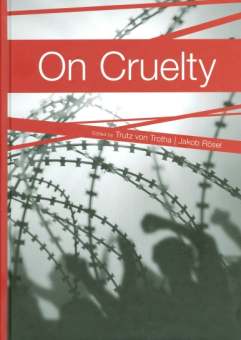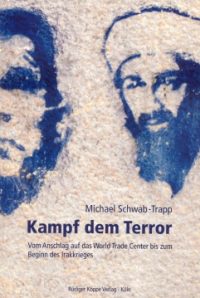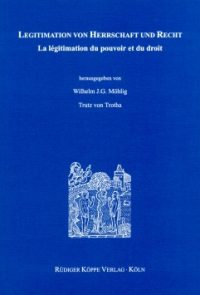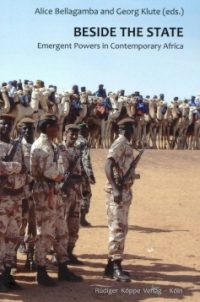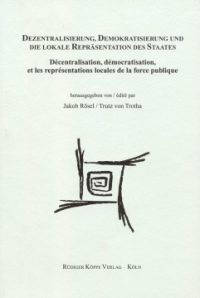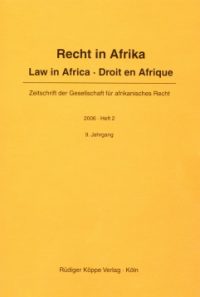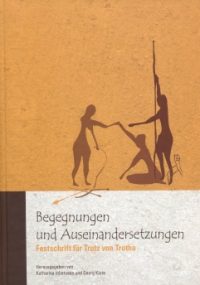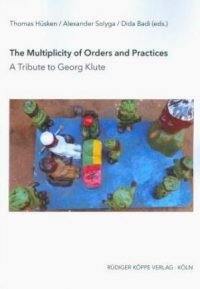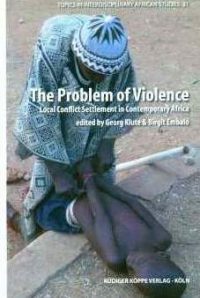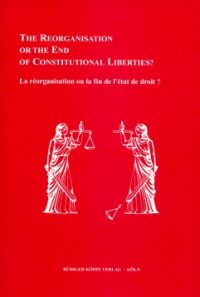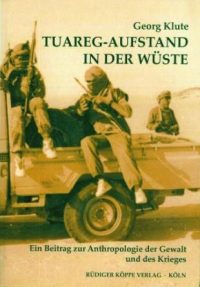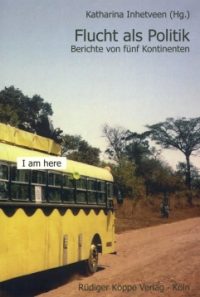2007
310 pp.
1 colour map, 10 b/w photos, 2 graphs, 12 tables, appendix
Text language: English
This book examines local-level politics and violent conflict in KwaZulu-Natal, South Africa. It is estimated that about 20,000 people were murdered in the course of violence, and more than 500,000 people became refugees since the 1980s. Despite the claims of political leaders that violent action has finally subsided and KwaZulu-Natal is a peaceful place to live nowadays, a substantial number of people were killed in violent conflict after the democratic transition in 1994.
The author proposes two arguments. First, violent conflict in the post-apartheid era is characterised by a disjunction between centre and periphery, that is, violent dynamics on the ground are dissimilar to conflicts between political parties (African National Congress versus Inkatha Freedom Party) on the provincial level. This disjunction is not equivalent to autonomy but rather signifies a changing process of linkage and decentralisation between the national/provincial level on the one hand and the local on the other.
Local dynamics are not merely a mirror image of political processes in the centre: the latter are subject to local interpretation and can be modified according to local interests. Secondly, the disjunction comes along with self-sustaining dynamics of violent conflict: violence creates institutions and power relations which in turn reproduce violent action. Hence, local-level politics in KwaZulu-Natal constitute an emerging form of political power which differs considerably from the democratic scheme it should correspond to after the political transition in 1994. This book draws on a variety of methodological tools: in the course of one year of fieldwork in KwaZulu-Natal approximately 200 interviews were conducted with people affected by and actively participating in violent conflict.
Furthermore, the informal, un- and semistructured interviews were cross-checked with personal observations on the ground and a variety of written sources such as newspaper reports, violence monitoring reports and (secret) police files. Statistics by the eThekwini Municipality, Statistics South Africa, the Independent Electoral Commission and the South African Police Services (SAPS) provided quantitative data on crucial economic, social and political issues.
Under these links you will find further studies of legal sociology and legal anthropology:

